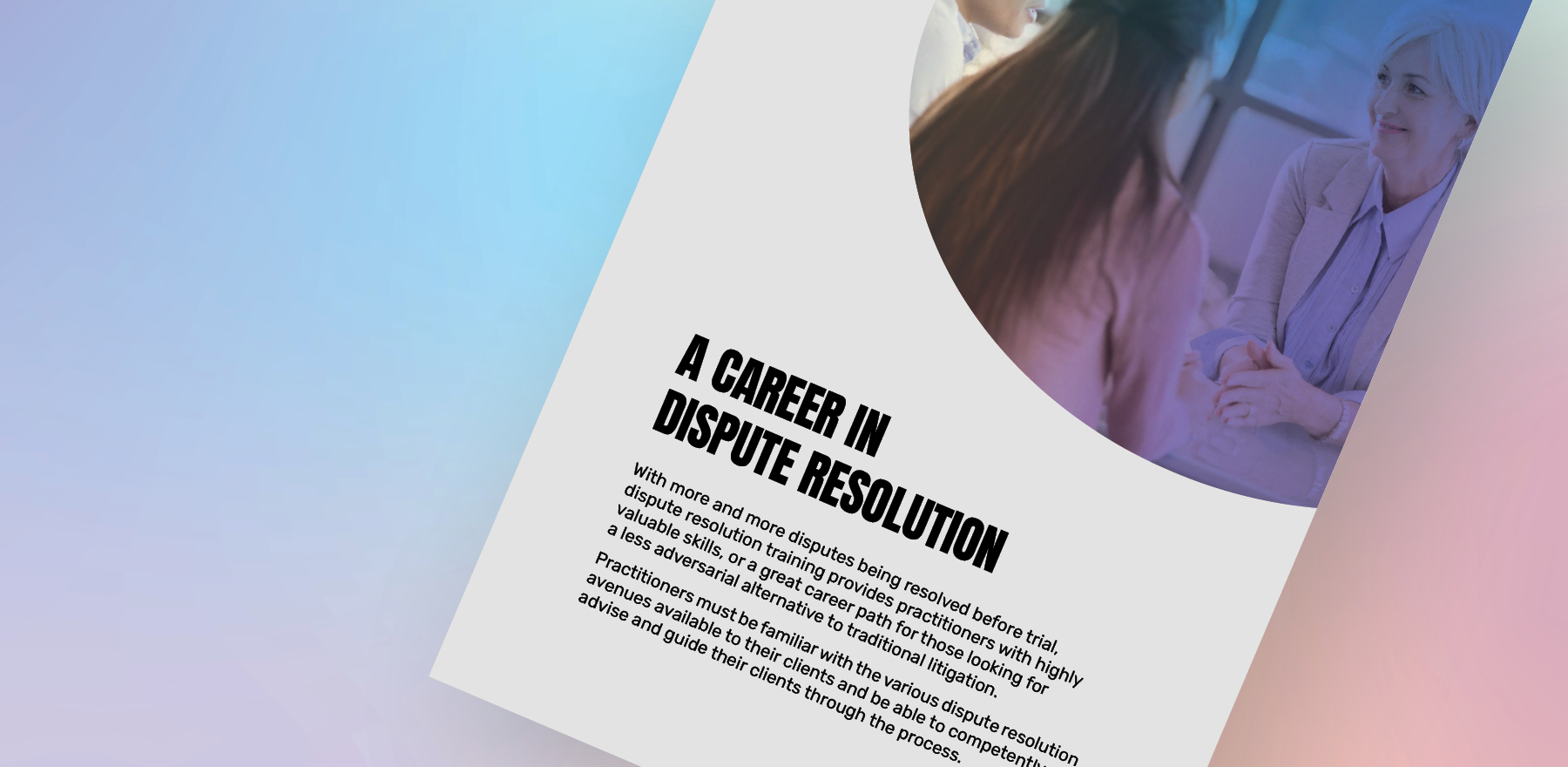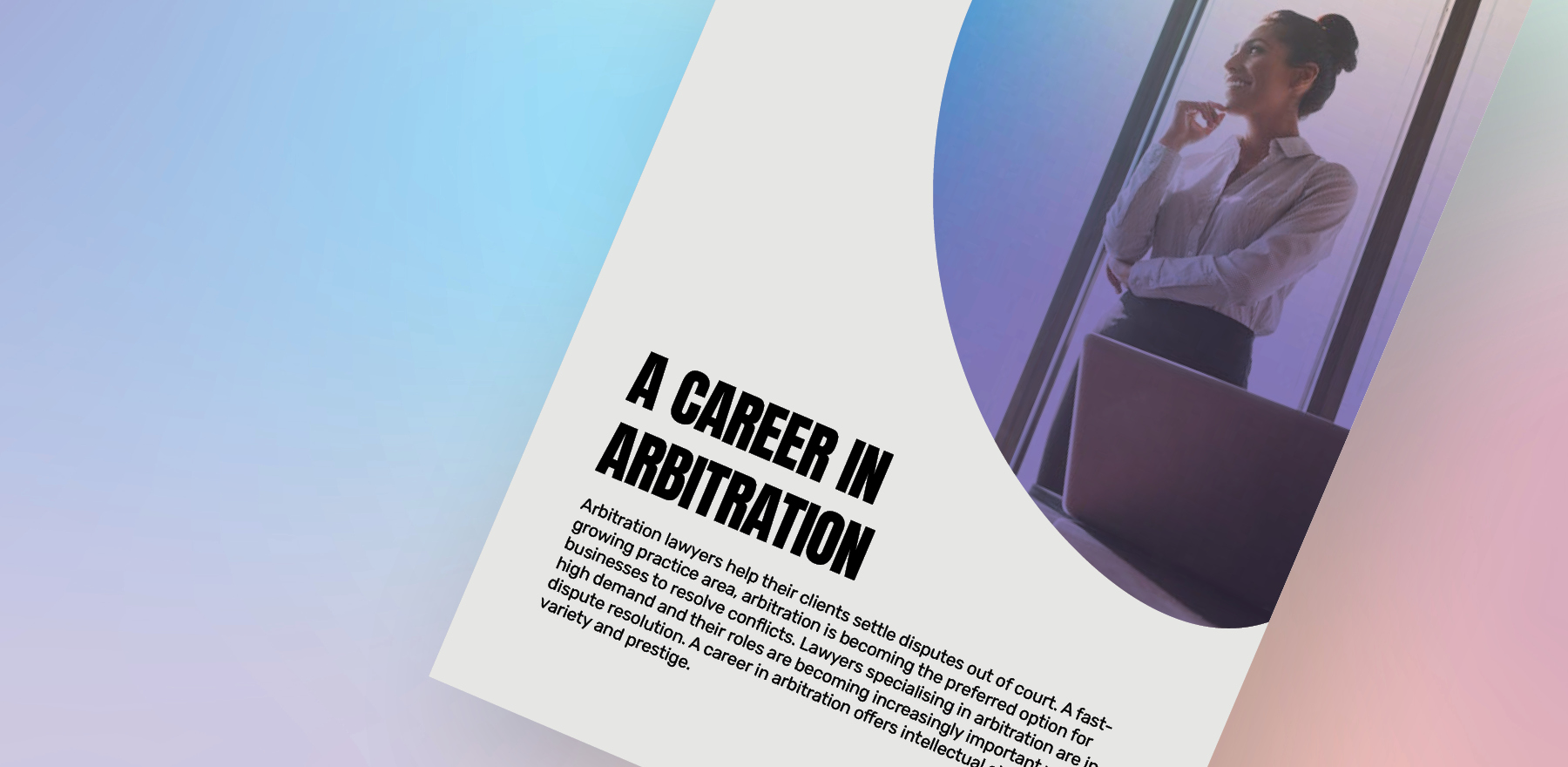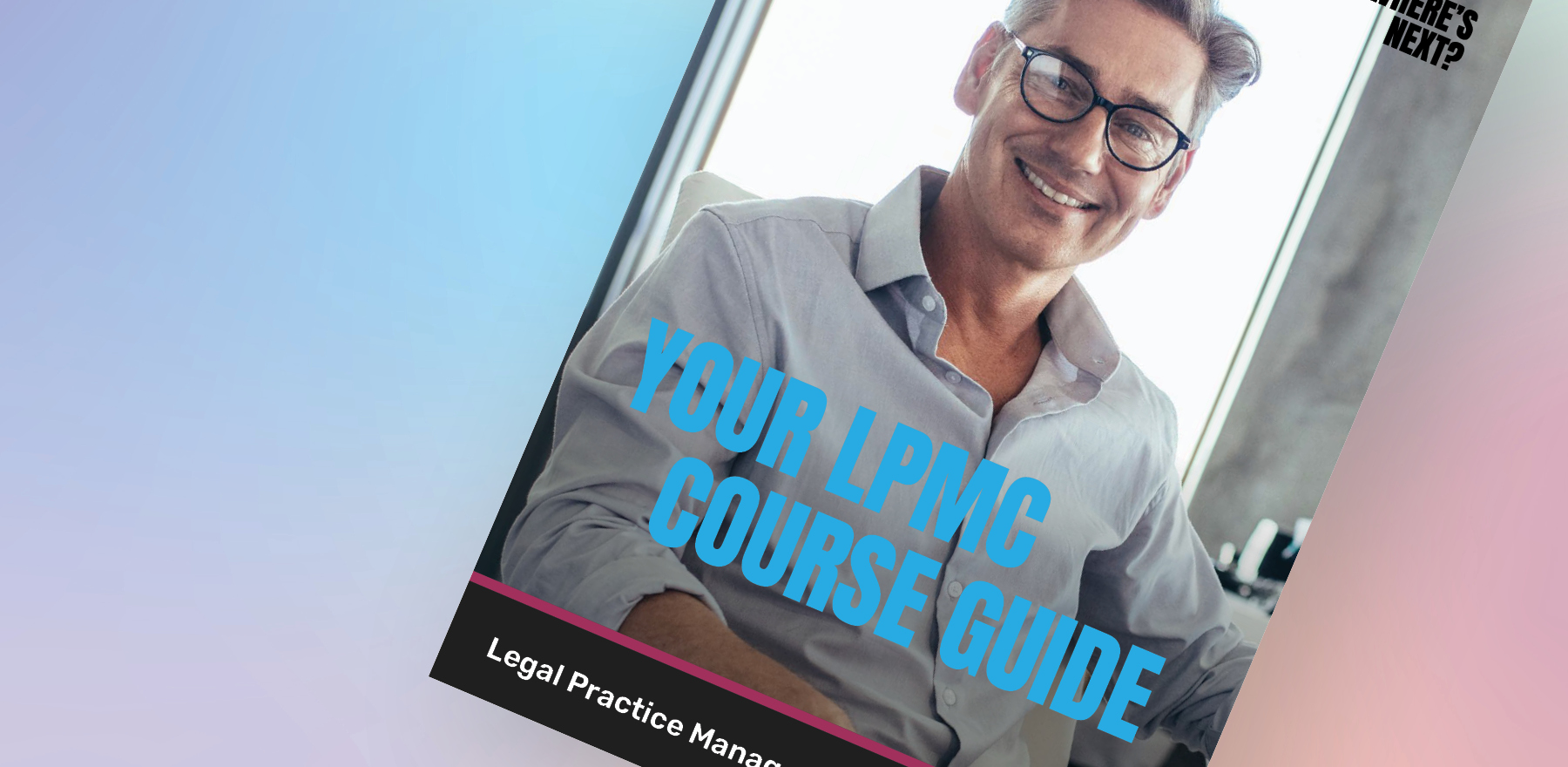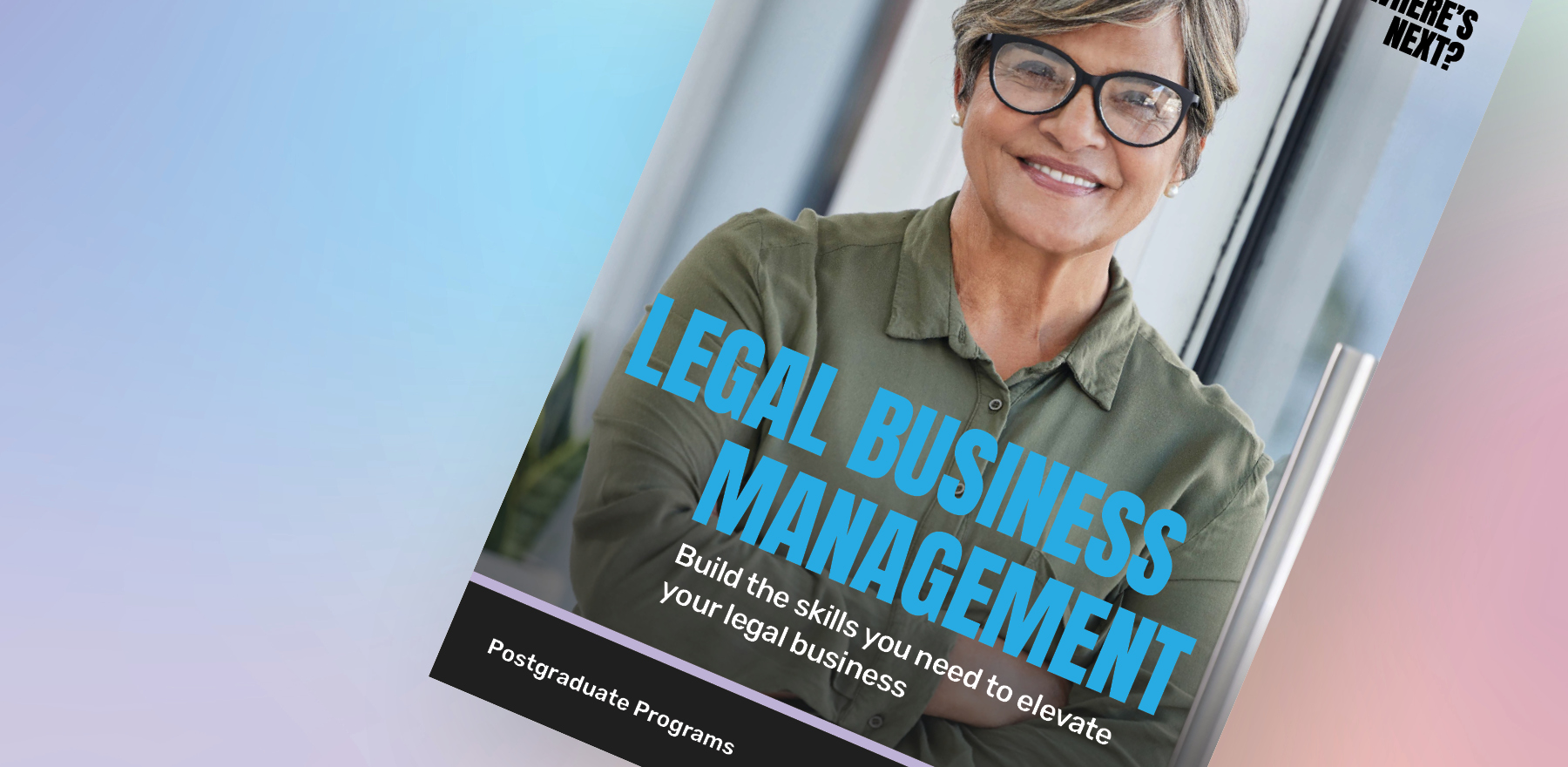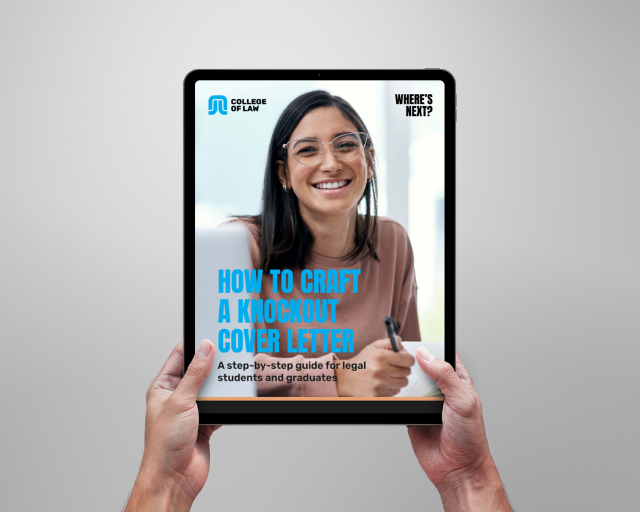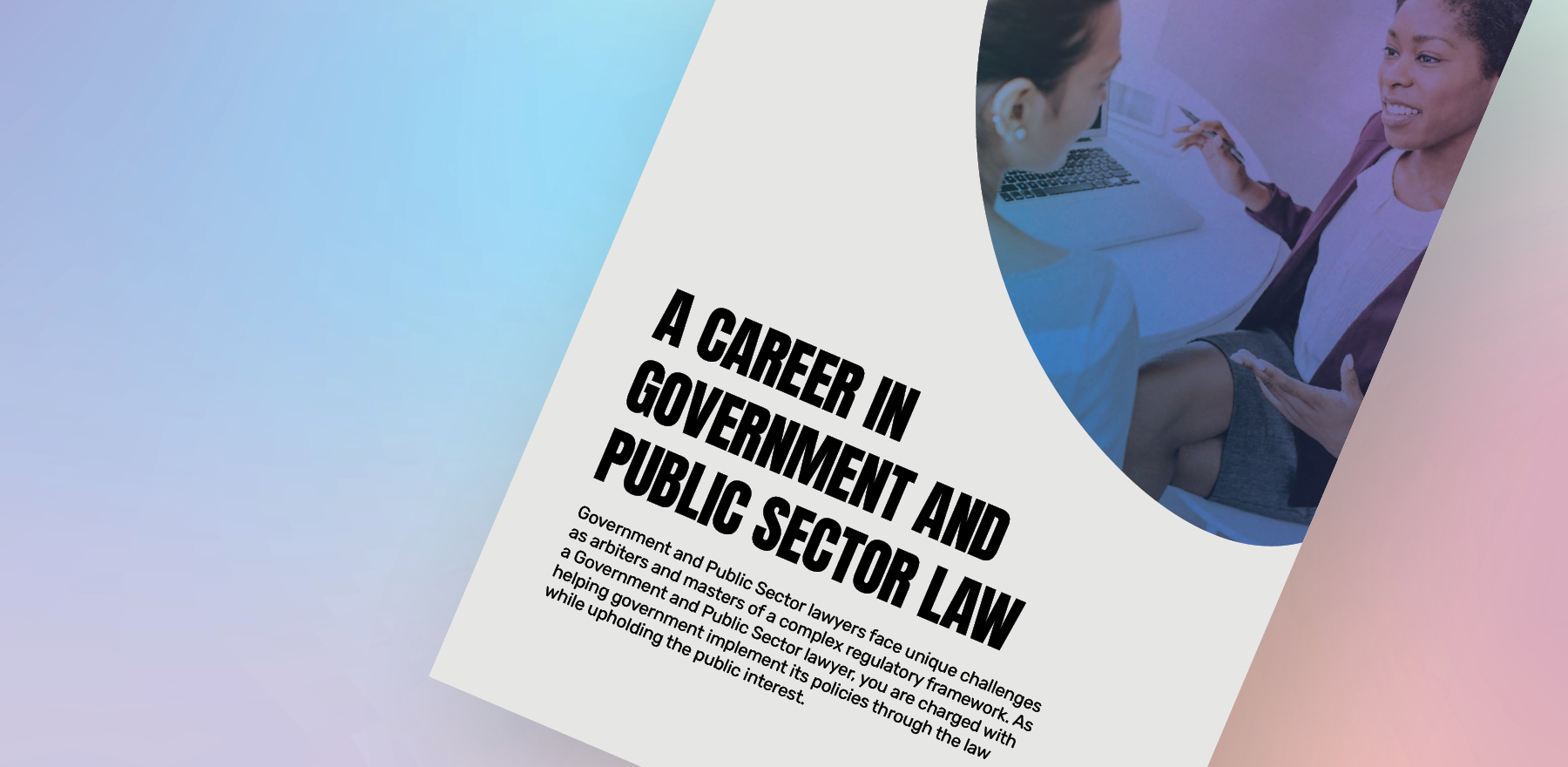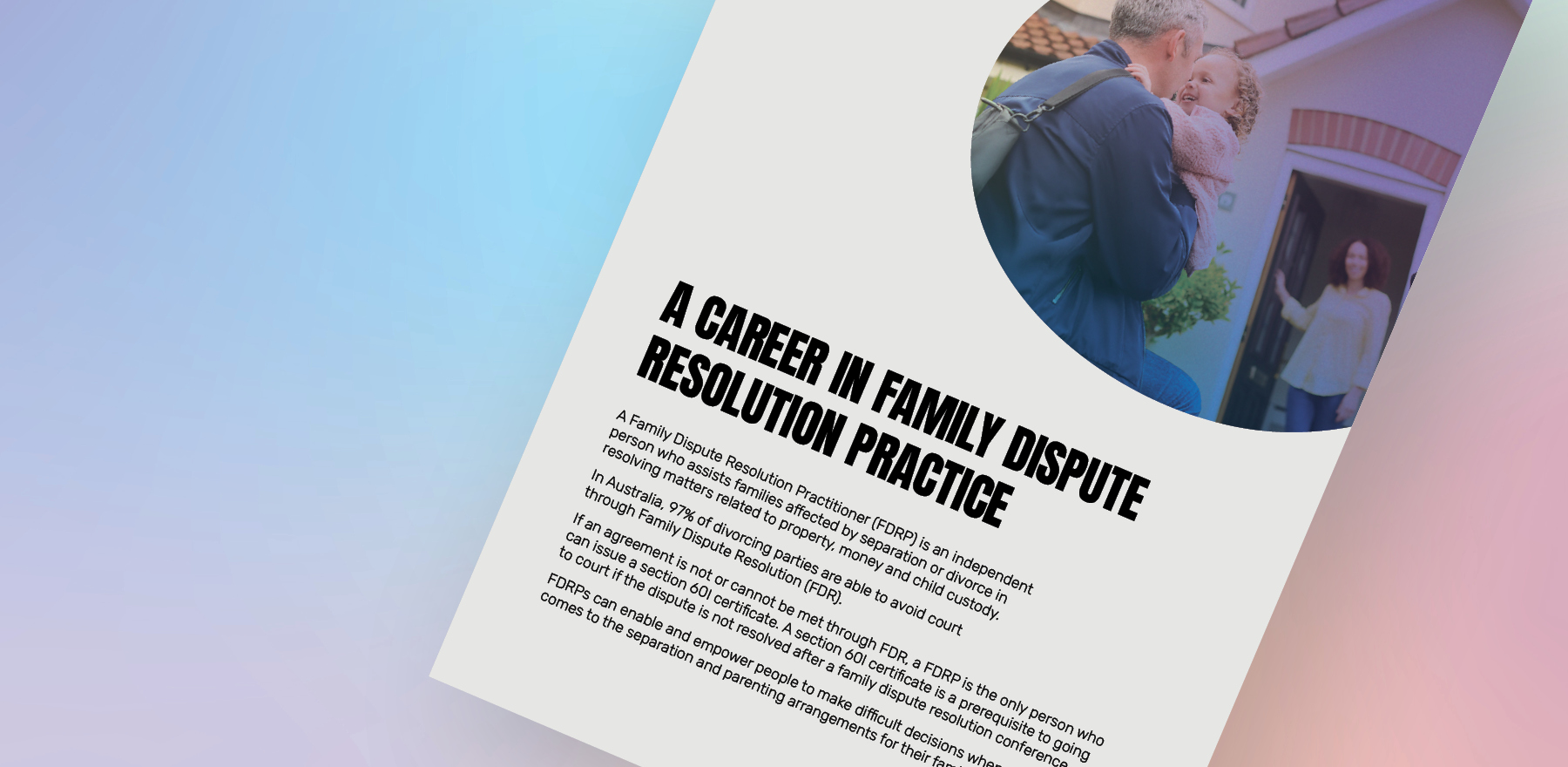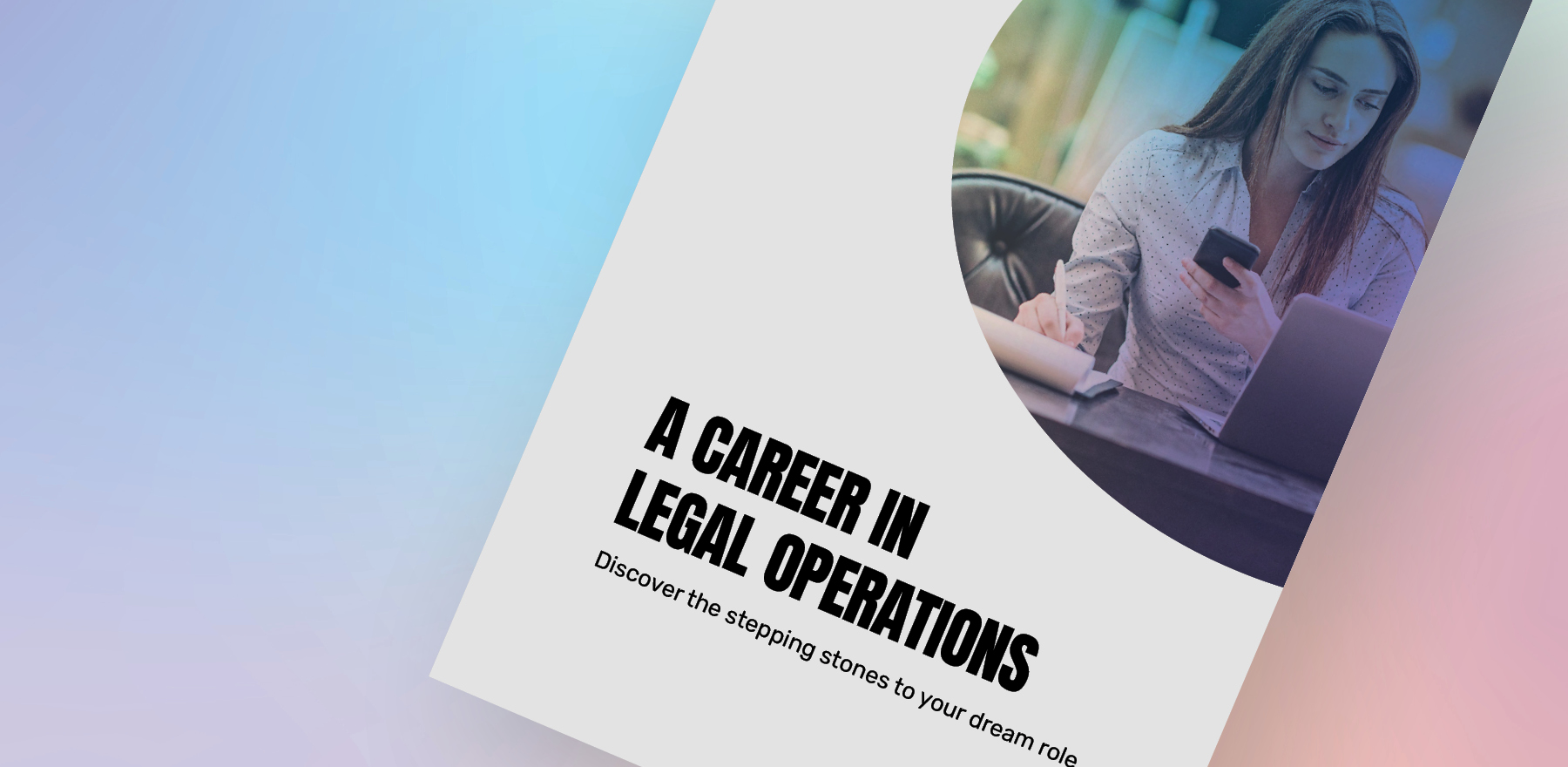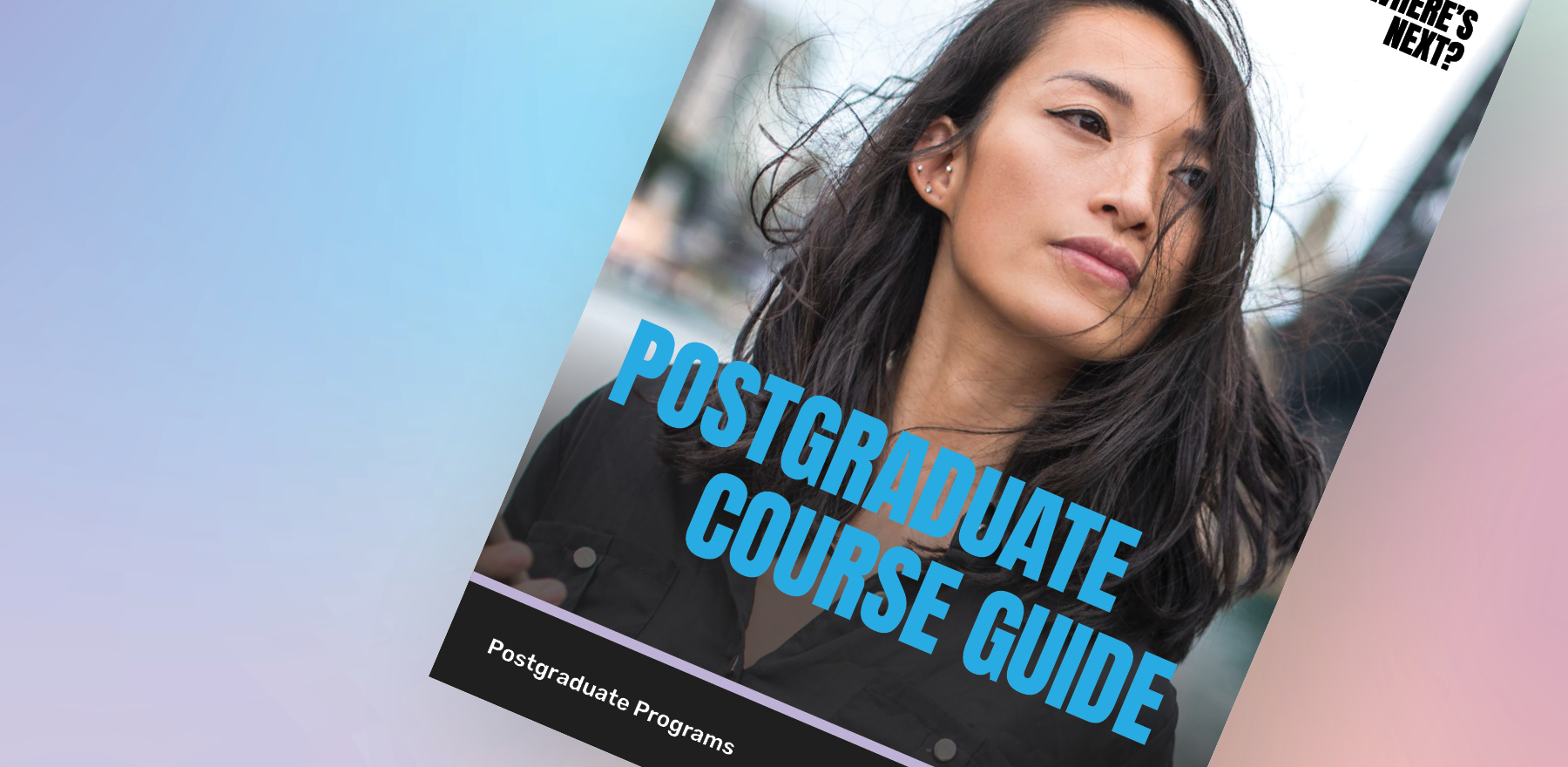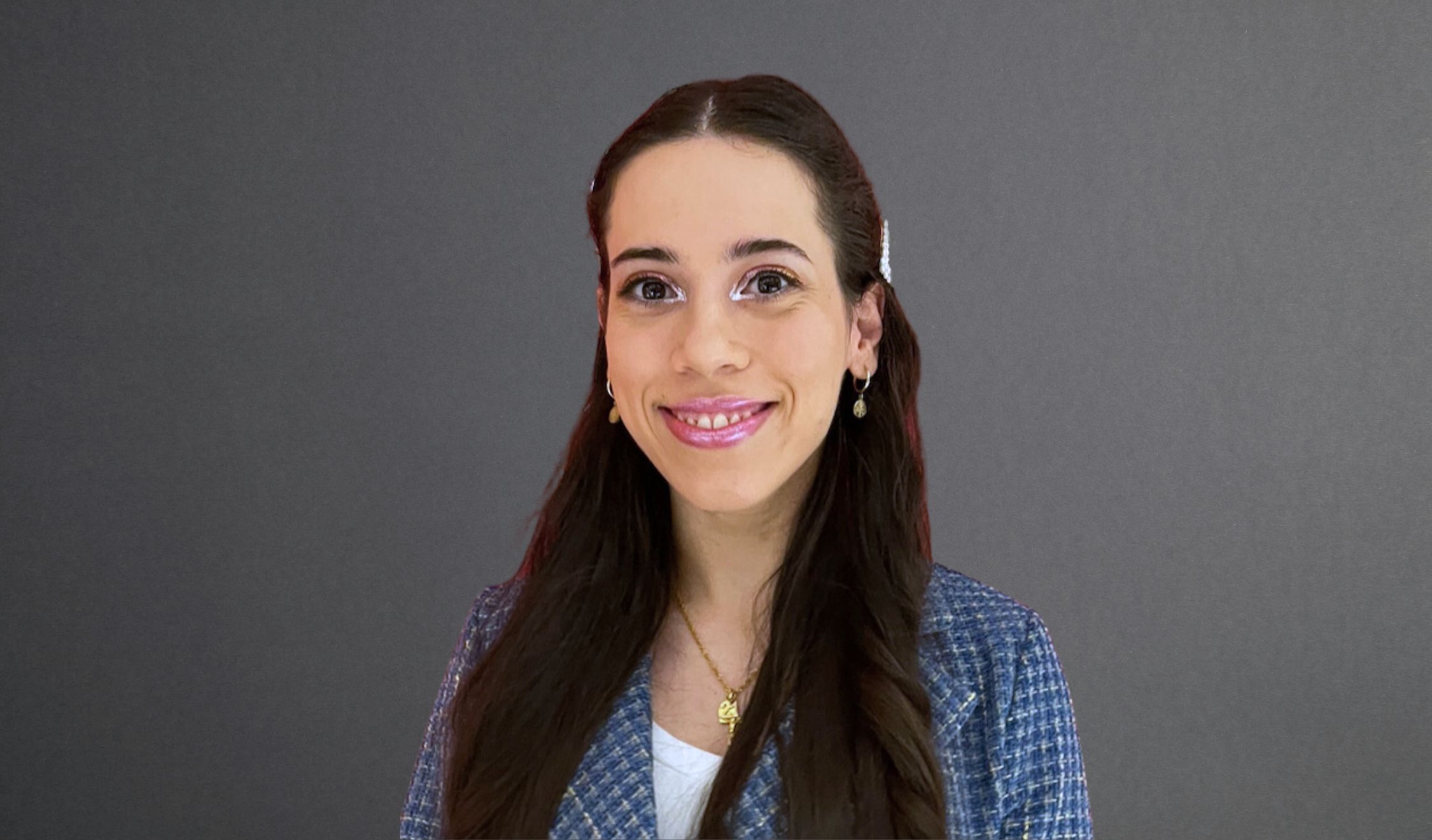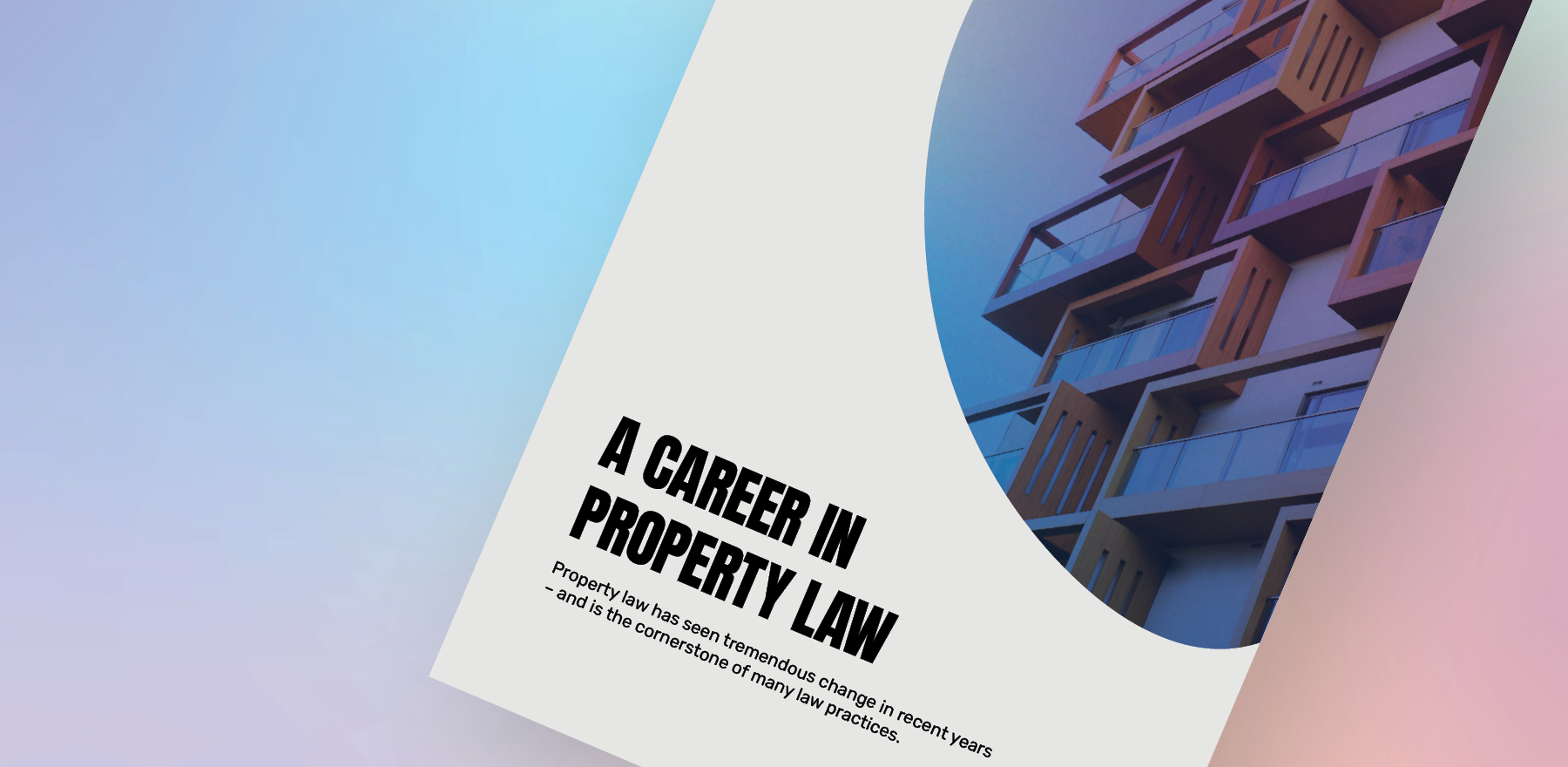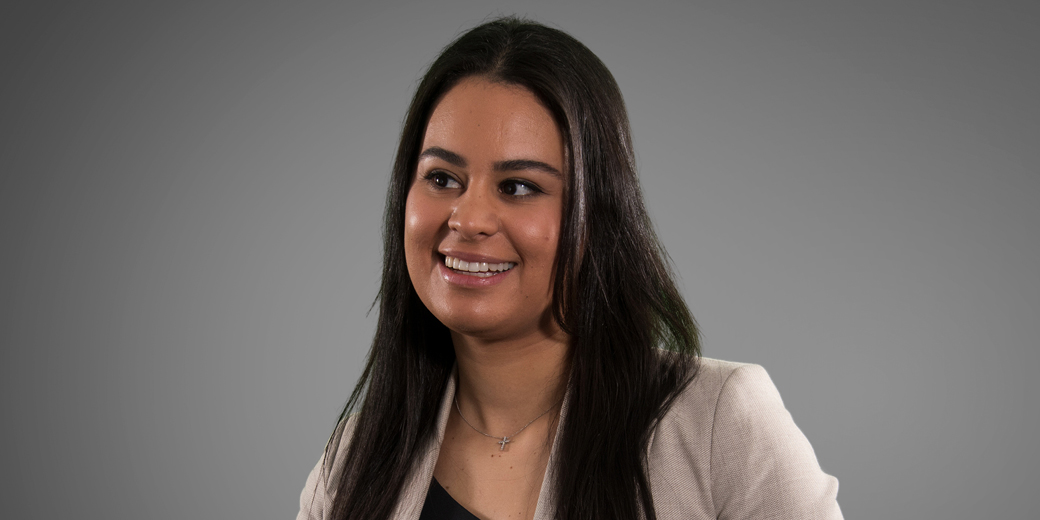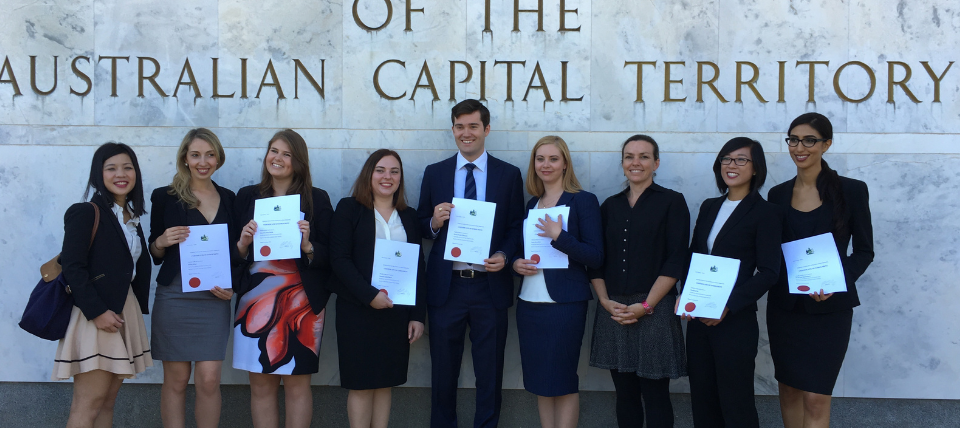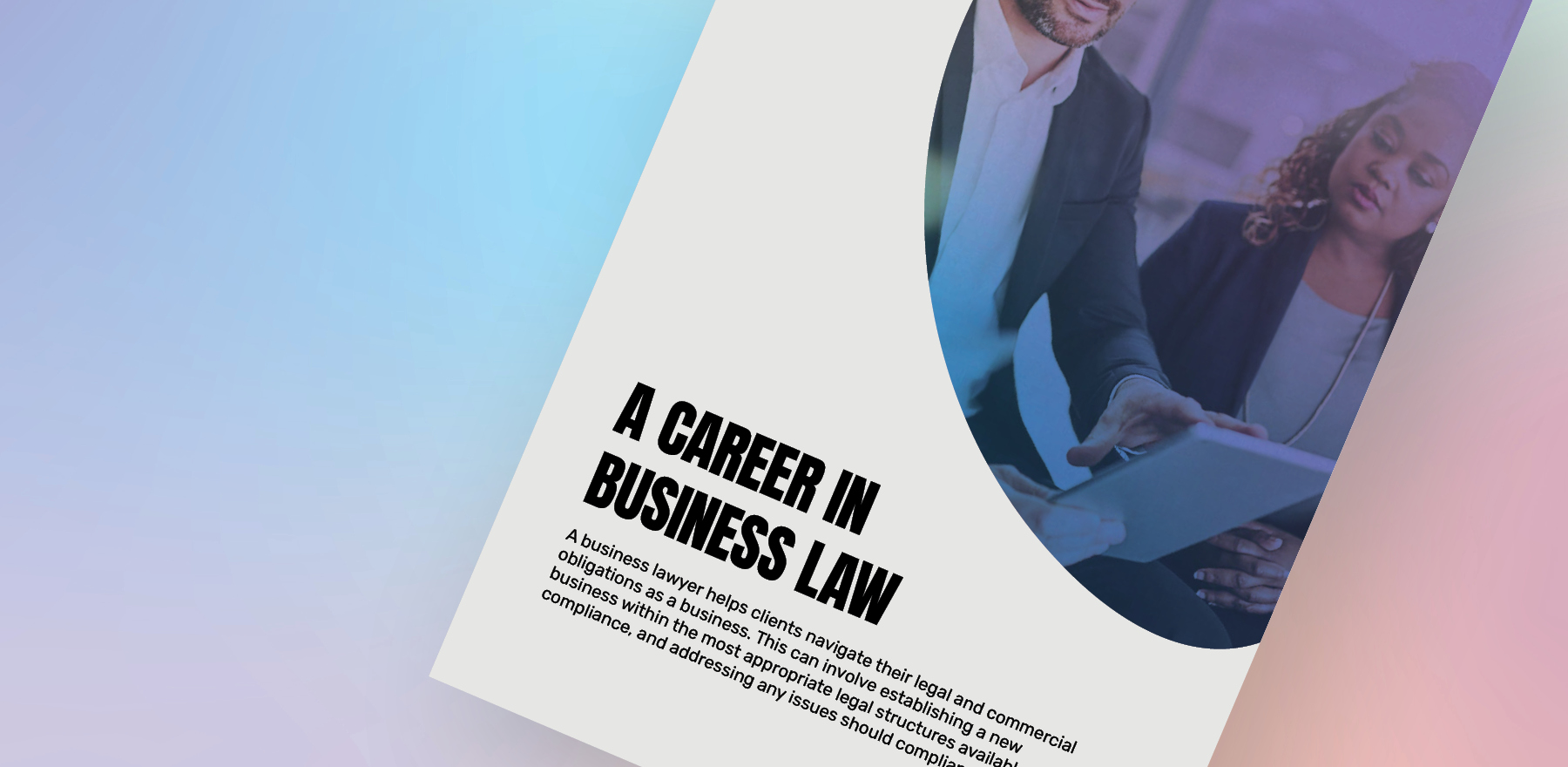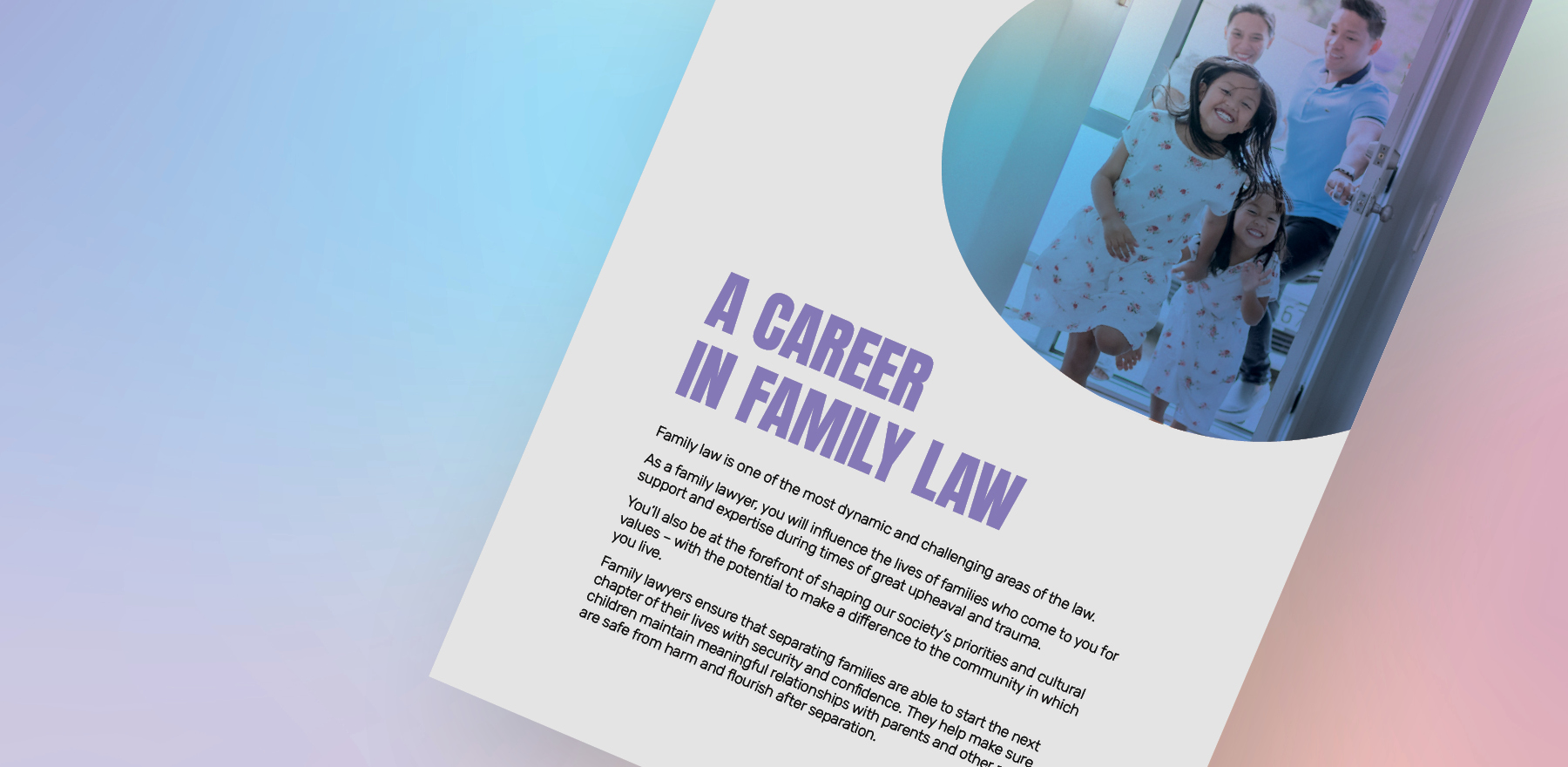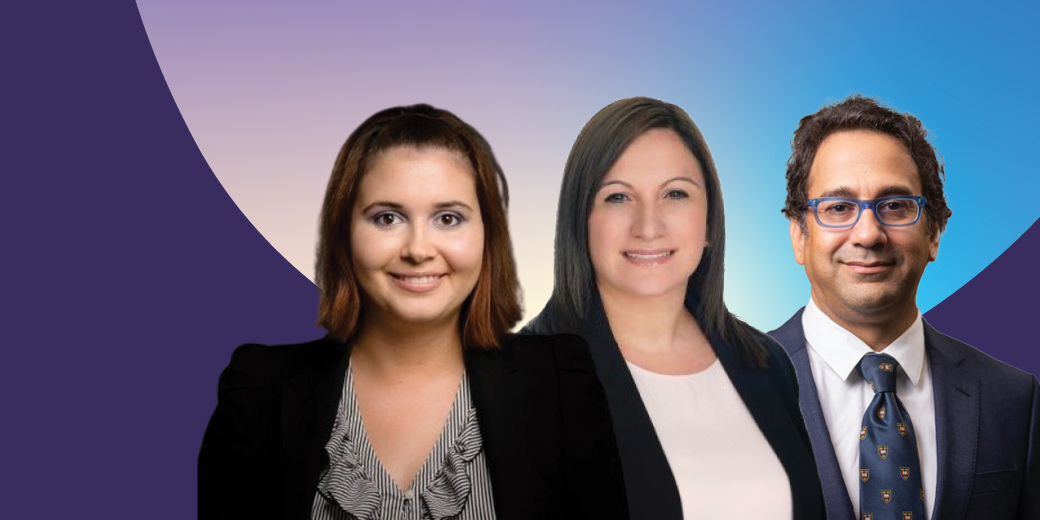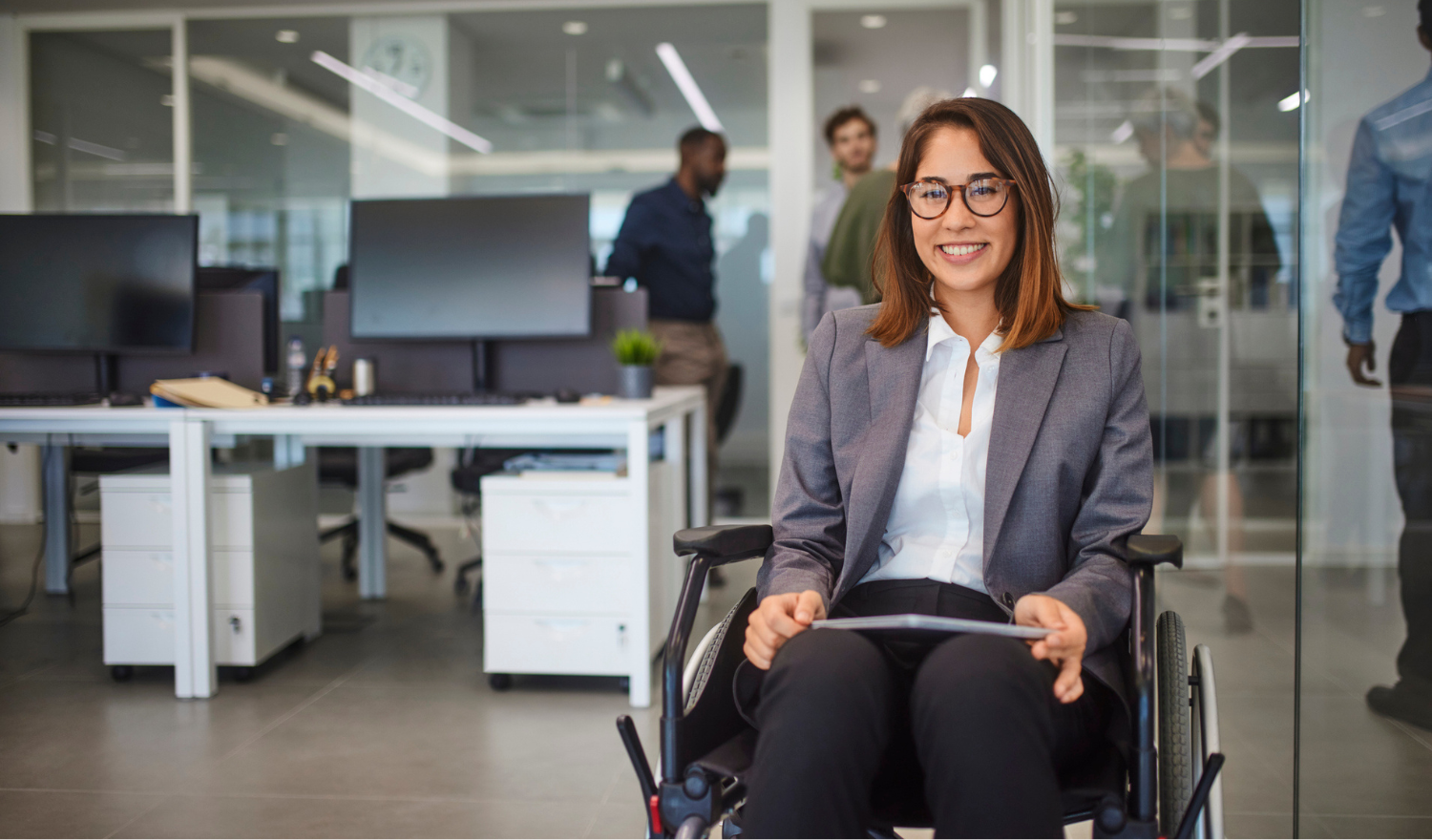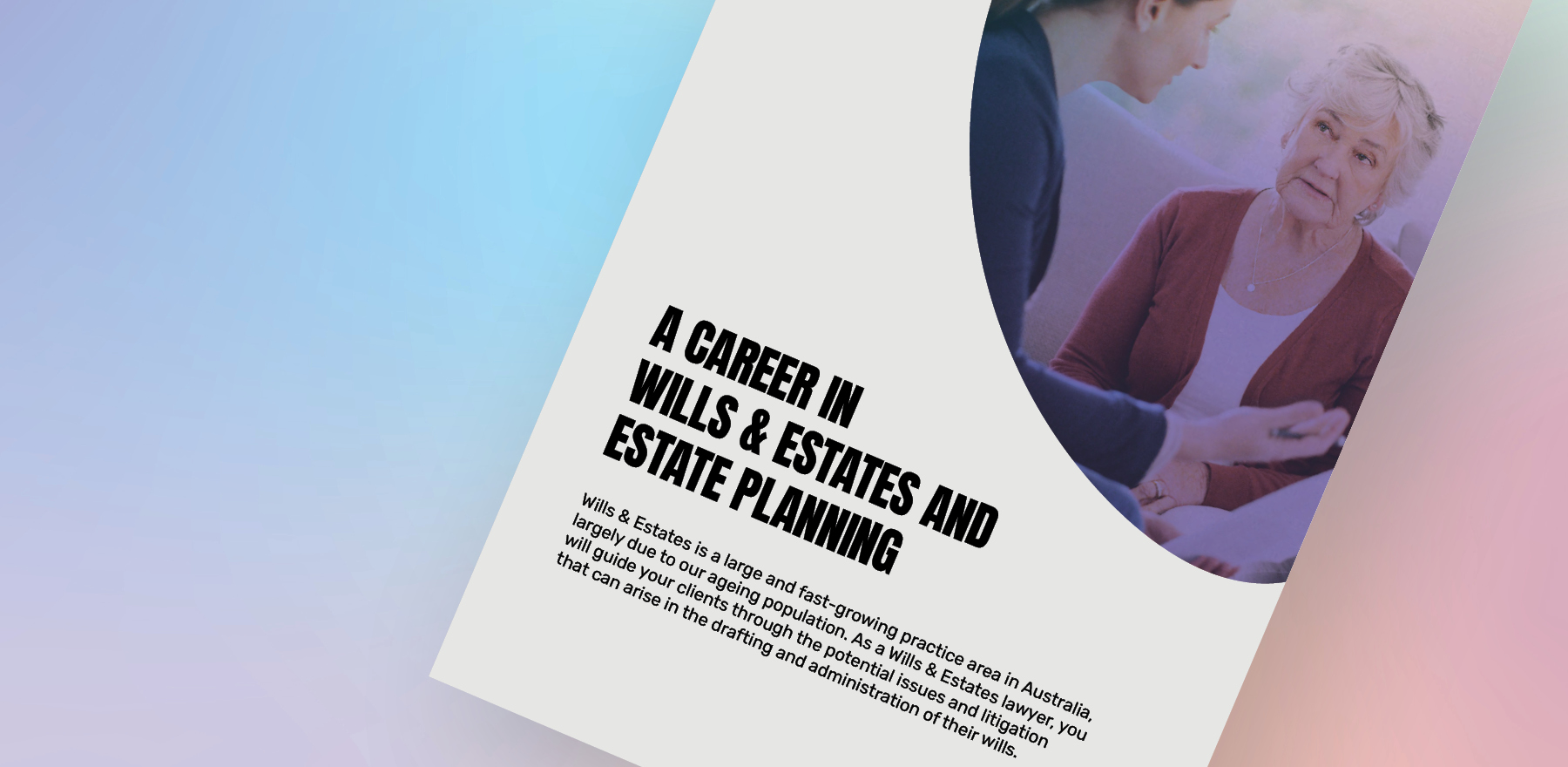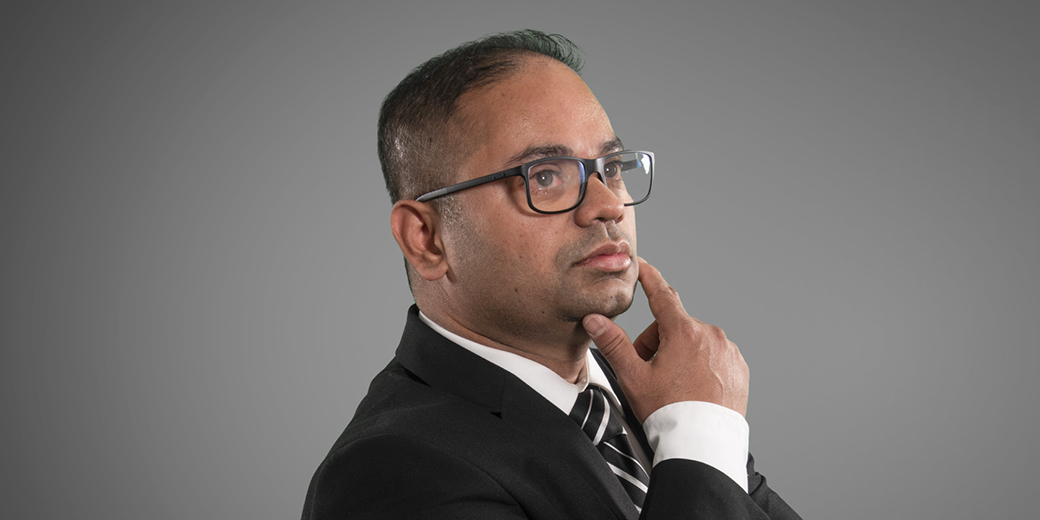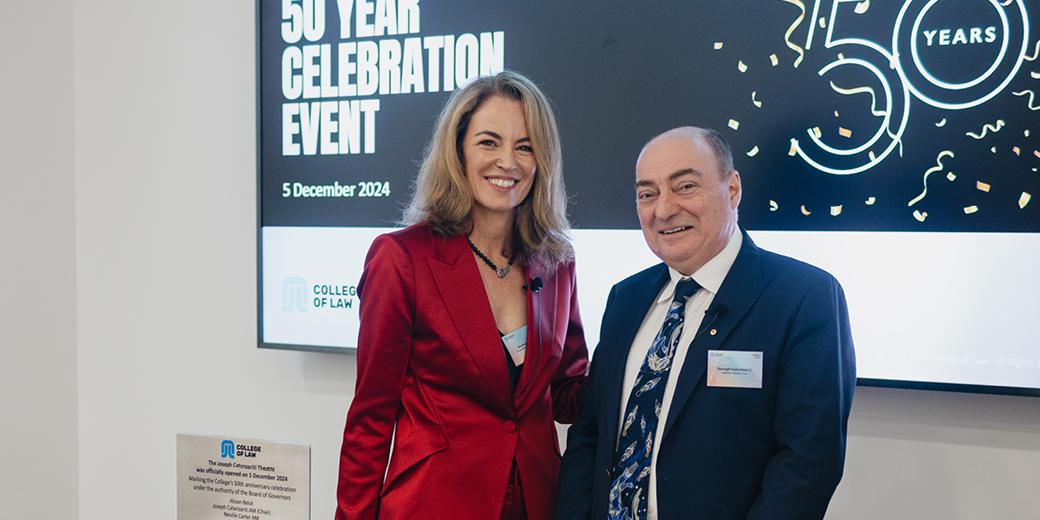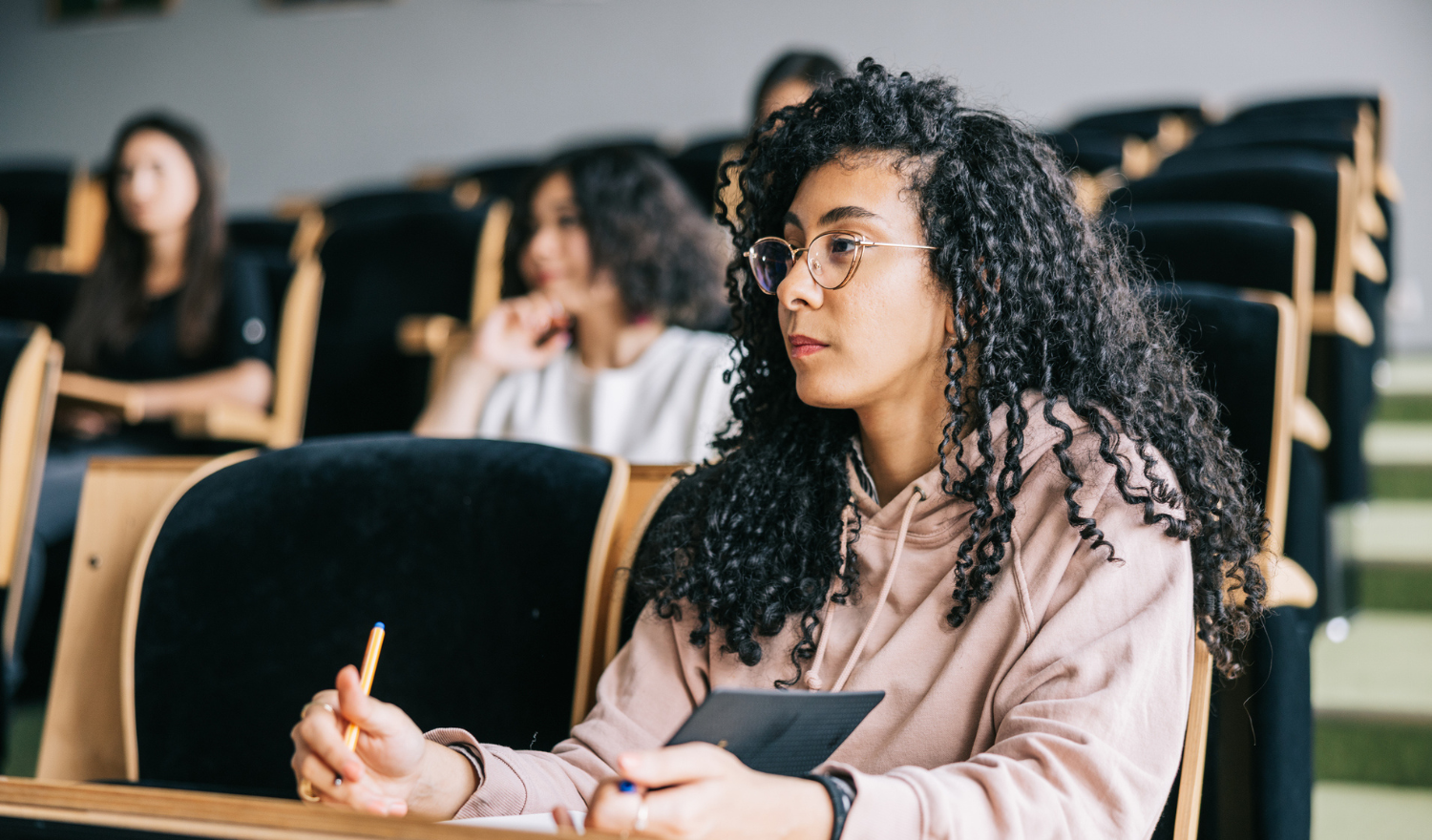So, we know that PLT is all about giving you the practical skills you’ll need to practise as a lawyer.
But what skills are we talking about, exactly?
Below are 8 new things you’ll learn when you choose to complete your PLT with the College.
1. How to negotiate
Negotiation is key to practising law.
In the first week of your PLT, you’ll participate in an interactive negotiation workshop.
Then, you’ll implement what you’ve learnt in a range of practical ways throughout the program. Whether negotiating in a simulated case or with your teachers about how you will undertake your assignments, you’ll continually flex these skills!
2. How to bill a client
How do you ensure you’re compensated for your services as a lawyer?
By billing your clients, of course.
With the College, you’ll start your PLT with a ‘Billing and Trust Accounting 101’ workshop, which covers everything from how to bill clients and cost negotiations to what’s billable – and what isn’t.
3. How to use legal tech
The College of Law’s PLT embeds different legal software into the program; the kind of software you’ll use regularly as a practising lawyer.
For example, you’ll create your own legal bot using Josef to help you solve common legal problems – and use PEXA to discover how property is settled in the real world.
4. Courtroom etiquette
With the College of Law’s PLT, you’ll practise speaking in a courtroom – right from the word go.
Whether standing up in front of a magistrate in your advocacy workshop or making submissions on the civil litigation course, you’ll soon be well-versed in the protocols of different courtrooms.
5. Writing and drafting
Writing and drafting are integral to the practice of law.
You’ll start your PLT with a workshop on how to write different legal documents – from letters of advice to court documents – for various legal disciplines. We give you specific guidance on how legal writing differs from academic writing.
Almost every task that follows will require some form of writing or drafting, so you’ll get ample opportunity to hone these skills throughout the program.
6. Conflict resolution
Navigating conflicts effectively is a cornerstone of legal practice.
If you choose litigation electives , you'll learn all about alternative dispute resolution (ADR). In other words, you’ll explore skills and strategies involved in mediating disputes, negotiating settlements and finding constructive resolutions outside the courtroom.
7. Ethical and professional responsibility
Ethical and professional responsibility (EPR) forms the bedrock of every action you take as a lawyer.
If you undertake your PLT with the College, you’ll start with an ethical decision-making workshop to ensure you embed ethical considerations in your legal practice from the outset.
You’ll then encounter ethical dilemmas in your coursework and oral assessments.
8. Essential employability skills
Of course, to enter the workforce with true confidence, you’ll need more than technical skills.
That’s why the College’s PLT also incorporates teaching on core employability skills such as communication, time management, research and personal branding.
So you’ll finish the program feeling well-rounded and work-ready.
Ready for the next step in your legal career?
Take the next step toward admission with Practical Legal Training. Explore our courses to find the option that fits your goals and schedule.



